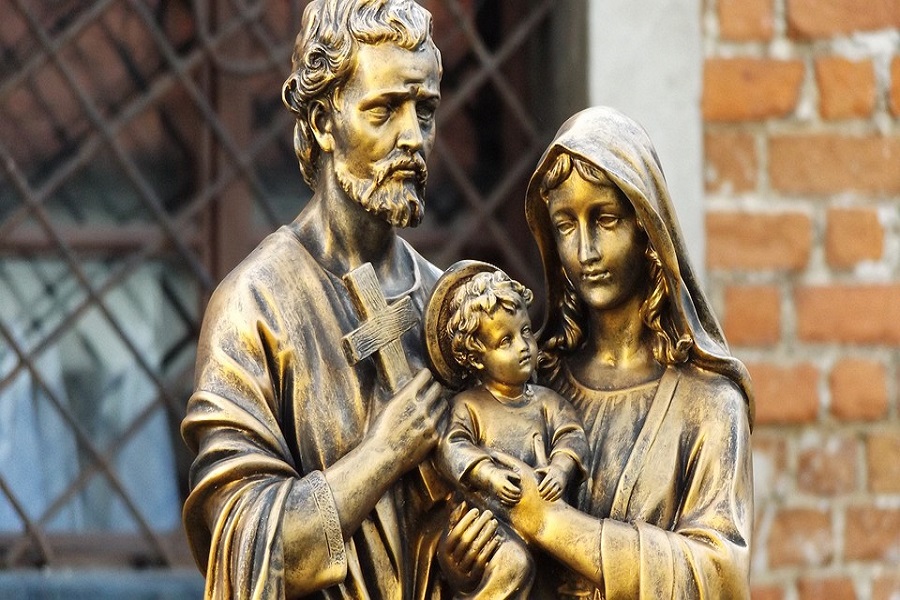
We are God's Holy Family
12-27-2020Weekly ReflectionThe scriptures of Israel are filled with many stories of barren couples who were miraculously granted the gift of children by God. Surely the best known among these is the first reading from today, from which Luke took inspiration when he recounted the miraculous birth of John the Baptist to Zechariah and Elizabeth, and the more miraculous birth of Jesus to Mary and Joseph. In each instance, we are given examples or role models of those who trusted in God. More than examples of those who trust, they are models of self-surrender.
READ MORE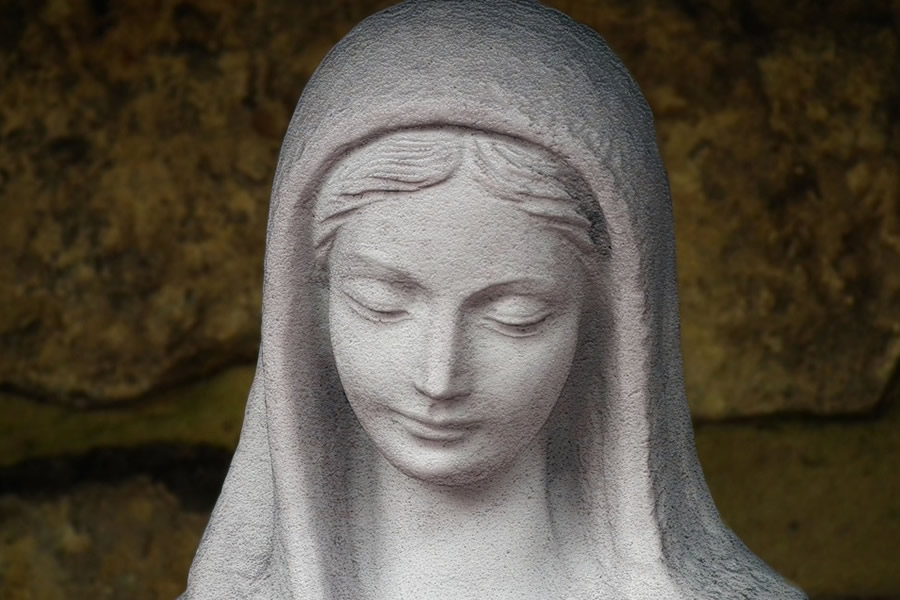
The Eternal God
12-20-2020Weekly ReflectionKing David wished that the ark of God might have a more permanent home. David may have envisioned something like the cedar palace where he resided. God had in mind something more: a throne where David’s descendants would rule for ever, a kingdom where Jews and Gentiles alike would be welcome.
Mary’s prayerful nature led to an even more disturbing message. She would conceive and bear a Son though she was not yet married. “How can this come about?” Mary wondered. “The Holy Spirit will come upon you,” she was told (Luke 1:35).
Mary’s acceptance of this difficult challenge ushered in this, the final age of God’s reign. What was once a secret known only by chosen people like King David and his descendants must now be made clear to all so that, as Saint Paul wrote to the Romans, we can be brought to the “obedience of faith” “according to the command of the eternal God” (Romans 16:26).
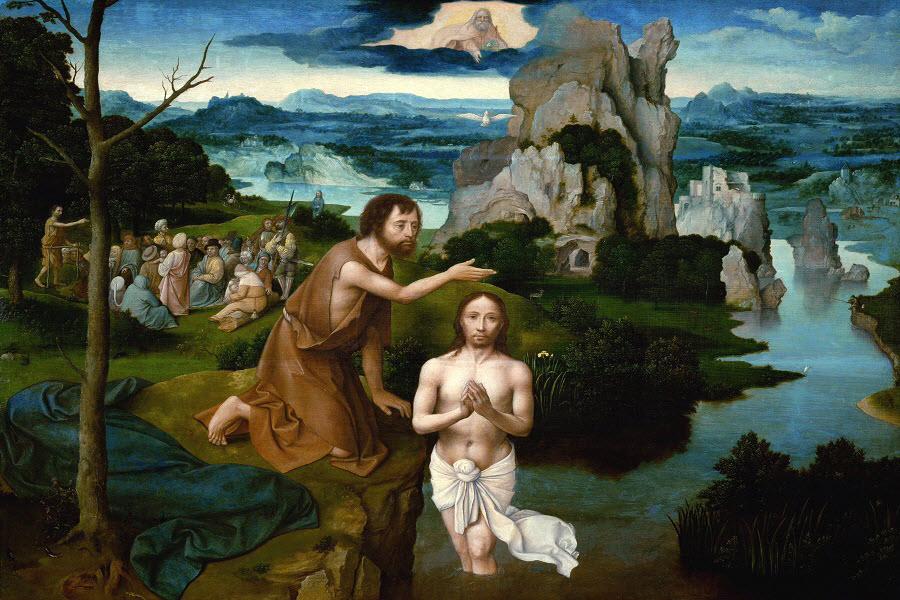
John the Baptist
12-13-2020Weekly ReflectionAt a school open house a woman could be overheard introducing her husband to some of the other parents. “Oh, Bill, I’d like you to meet Johnny’s father. And over here, this is Marie’s mom; you know, the little girl from our Ellen’s soccer team.”
With satisfied resignation Bill introduced himself not by name: “I’m Ellen’s Dad.” It’s good to know who you are. Be it someone’s father or mother, son or daughter, husband or wife, it’s important to embrace the full meaning of our various roles.
READ MORE
God's Delay
12-06-2020Weekly ReflectionIn times of great difficulties scoffers taunt us, “Where is God? Why hasn’t your Lord come to save you now?”
And we of faith respond much in the same way as Peter did in today’s second reading: the “delay” of the Lord’s second coming is not any type of punishment or failure to keep the divine promise, but a loving sign of God’s patience. God is giving everyone the chance to seek repentance.
God does not make life more difficult. Rather, God lessens our burdens as once before for the Jewish exiles returning home to Judea after captivity in Babylon. It was God who personally led them, making a “straight highway” for them across the desert.
We join with our ancestors of faith, who hoped that they might see God’s Chosen One before them and who eventually realized that the Lord was also walking with them side by side.

Mark's Jesus
11-29-2020Weekly ReflectionMark’s Gospel is the shortest and tersest of all four. The discourses of Jesus tend to be terser as well. Mark’s portrayal of Jesus has none of the poetry of the Sermon on the Mount or the Sermon on the Plain as in Matthew or Luke, nor the extensive, reflective “I Am” discourses as in John. Mark’s Jesus “cuts to the chase,” we would say today. This is reflected quite well in today’s passage.
It is no accident that the dialogue of Jesus at this point in the Gospel according to Mark—the concluding words about the end of the world— immediately before his passion, is riddled with exclamation points and an overall sense of urgency.
READ MORE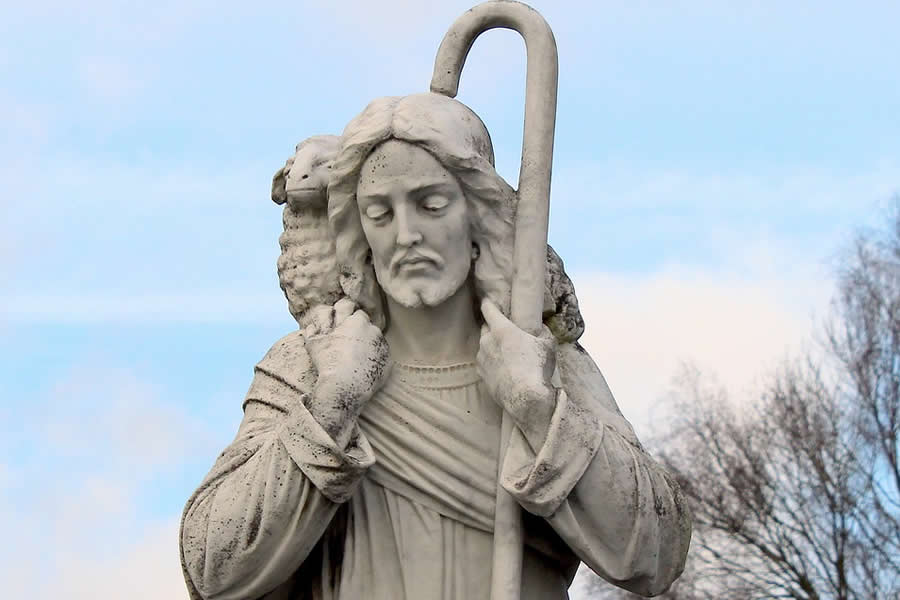
The Shepard King
11-22-2020Weekly ReflectionThe job of shepherd and the job of king couldn’t be more different from each other. Shepherds are on the lowest rung of society, kings are at the top. But God says, through the prophet Ezekiel, that the Messiah will lead in a way very different from earthly authorities who lord it over their people and cause harm with their poor leadership.
Our King takes on the job himself. Christ, like a shepherd, will give rest, seek out the lost, bring back the strayed and scattered ones. He will heal the wounded and bind up the injured. He does not delegate, but will “shepherd them rightly.” We have a king who cares for us and who is not afraid to “judge between one sheep and another” (Ezekiel 34:17).

Changes Our Lives
11-15-2020Weekly ReflectionThe letters of Paul to the Thessalonians are among his earliest writings, and are driven by his belief and the belief of the entire early Christian community that the return of Christ was imminent, and that devoting time or attention to anything else was foolish.
As time progressed, this fervor subsided a bit. Today we may wonder, when we hear these readings about the coming end-times, if we should take them to heart, if we really believe that Christ still may come upon us as a “thief at night” (1 Thessalonians 5:2). Does this mean that we are to stop our long-range goal-setting, get rid of our yearly calendars and planners, or stop putting money in the college education fund? Of course not. What it does mean is that we need to change our lives, living like children of the light and illuminating the world around us with the light of the gospel. Then, on that day, when the details of our daily living become unimportant, we will be ready to find our peace and security in Christ Jesus.
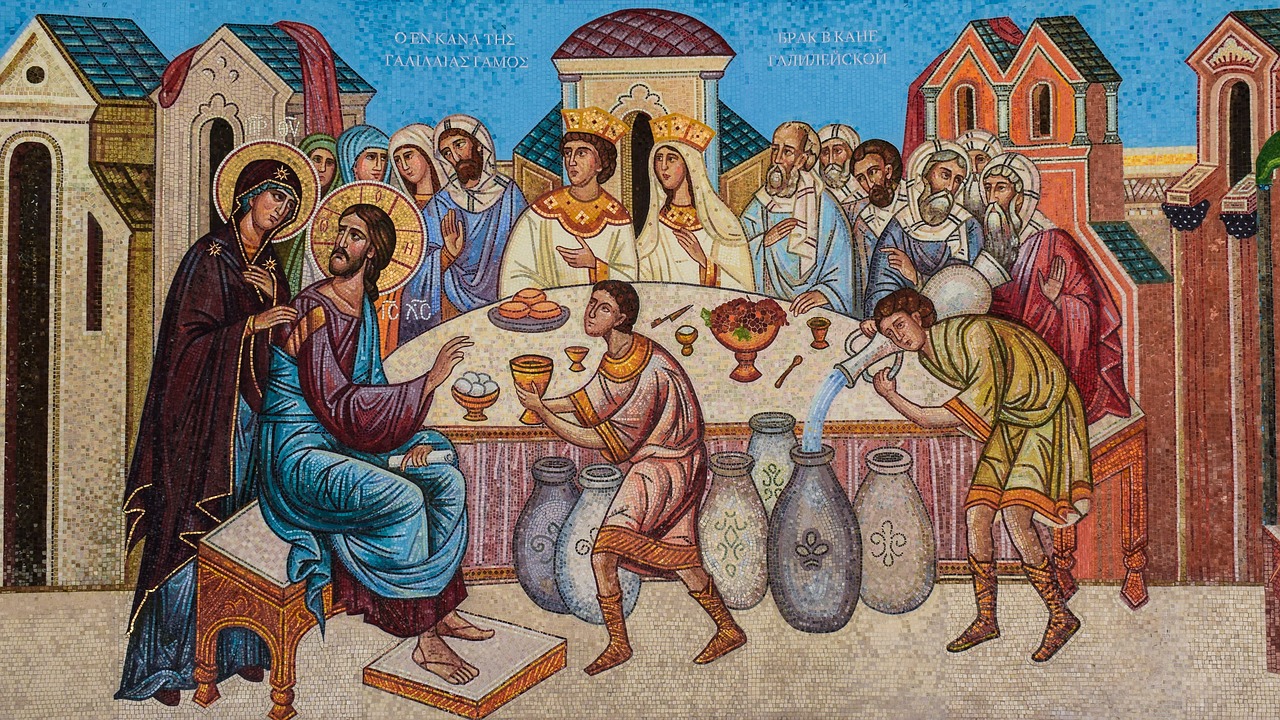
Expecting the Unexpected
11-08-2020Weekly ReflectionIf it ever crossed your mind that Jesus was somewhat lacking in a sense of humor, today’s Gospel should belie any such notion. Jesus’ story of the five wise and five foolish bridesmaids is downright hilarious. The circumstances of the story were surely familiar to Jesus’ listeners, just as they are—if we think about it—to us. Weddings never, ever start on time. There’s always a delay. Buttons pop off at the last minute. Flowers wilt. Cars full of wedding guests get caught in traffic. Soloists contract laryngitis. Brides or grooms or priests show up late! So the only reasonable way to approach a wedding is with a sense of humor, to realize that something probably will go awry, and, when that happens, to smile about it.
READ MORE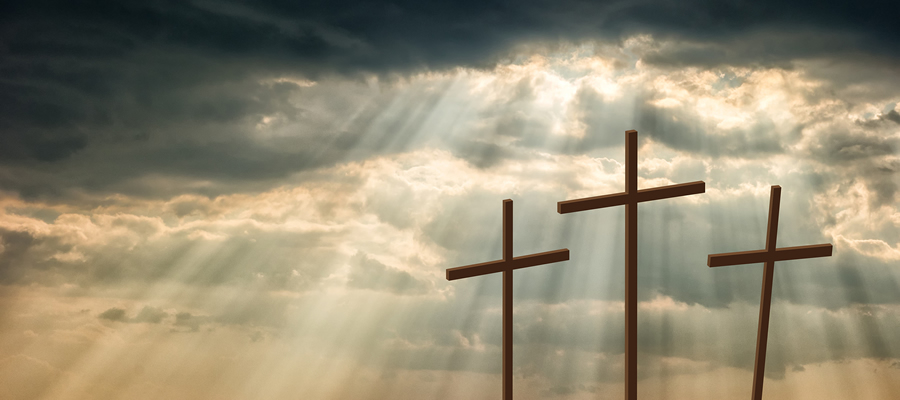
Our Hope and God's Promise
11-01-2020Weekly ReflectionThe Church uses these waning November days and darker skies as the season to remind us of the last things. Today’s feast, the Solemnity of All Saints, is the centerpiece of three days that point to doctrines we proclaim each time we say the Apostles’ Creed: “We believe in the holy catholic Church, the communion of saints, the forgiveness of sins, the resurrection of the body and life everlasting.” And while the days and our hearts may be dark, the readings today are bright with the light of faith. John’s vision in the book of Revelation reveals dazzling angels and white-robed saints gathered in triumph around the throne of God. In the responsorial psalm we sing our longing to see God’s face, and in the second reading John writes that we are God’s children and will, in fact, see God “as he is” (1 John 3:2). This is our hope. This is God’s promise. Today we celebrate the triumph of those who already gaze on the face of God. Tomorrow we cry out for mercy with those in purgatory, who, like us on earth, still long to see God’s face.